Hope Reflected: Leaving a Legacy
Written by H, Posted in Christian Living, Published Work
“Today I shall behave, as if this is the day I will be remembered.” Dr. Seuss
Last week during the Remembrance Sunday and Remembrance Day memorials, we were all reminded of the incredible sacrifice of the men and women who have served our country in years past, and who continue to serve and protect today. Additionally, this past week brought the tragic news that one of my former schoolmates – 12 weeks pregnant with her second child – was murdered during a random home invasion. You might wonder how any of this relates, however for me, these two events have served as great reminders of the importance of living a life of purpose and being mindful of our influence. There is a legacy of bravery that follows our servicemen and women. Similarly, there is a legacy of joy and purpose that follows my former schoolmate, Amanda.
At least in our twenties and thirties, we don’t often give a whole lot of thought to the legacy that we will one day leave when we depart from Earth. But this past week has got me thinking about how quickly our lives pass, and the importance of what we leave behind. Quite often, our initial thoughts may be what we will leave behind for family and loved ones from a financial or material perspective, however there are several other – and I’d argue more important – ways that we should concentrate on leaving a lasting legacy.
- The legacy of love. They say there is nothing like a mother’s love, and this is true. Nothing compares to the love we receive from our mother, and this is something I know I’ll try to carry on someday when Wes and I have children. John 13:34-35 (KJV) says, “A new commandment I give to you, that you love one another; as I have loved you, that you also love one another.” People notice when you act out of love and demonstrate a genuine care for others. True love can’t be faked, and it shows through our actions.
- The legacy of commitment. Ever worked with someone who’s incredibly motivated, and who has an unmatched work ethic? I have. Equal parts challenging and inspiring, someone who works with commitment has a unique influence on his or her peers. Colossians 3:23 (KJV) says, “And whatsoever ye do, do it heartily, as to the Lord, and not unto men…”.
- The legacy of joy. You know those people who exude something more than happiness? When you make the choice every day to have joy, that has lasting impact. Psalm 16:11 (KJV) says, “Thou wilt shew me the path of life: in thy presence is fullness of joy…”. Craig Lounsbrough once said that inheritance is what we leave with people, and legacy is what you leave in people – that’s how it is with joy. It spreads in the soul, especially when we’re taking time each day to deepen our relationship with the Lord and His word.
With everything going on in the world today, sometimes it’s difficult to remember the importance of building our legacy. It’s s easy to get caught up in circumstances or what’s happening around us, however it’s so important to remember our influence and the importance of living a life of purpose. As entrepreneur Gary Vaynerchuck says, “Please think about your legacy, because you’re writing it every day.”


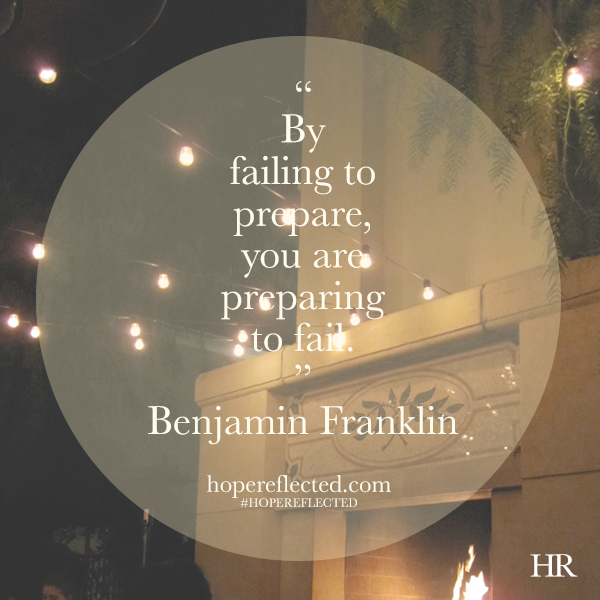
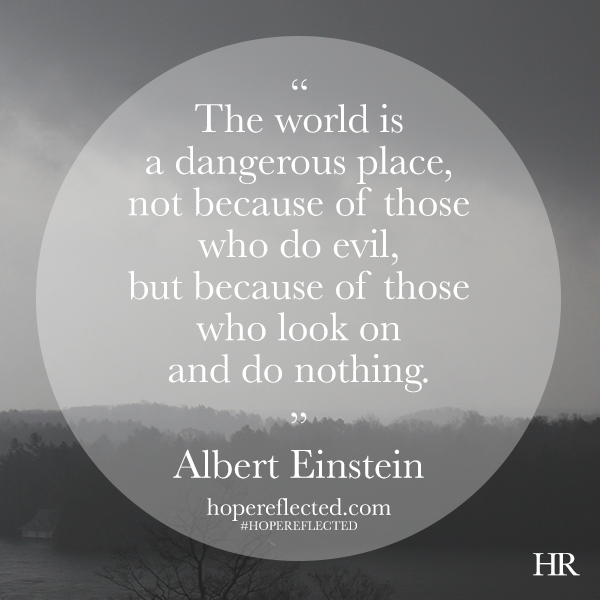
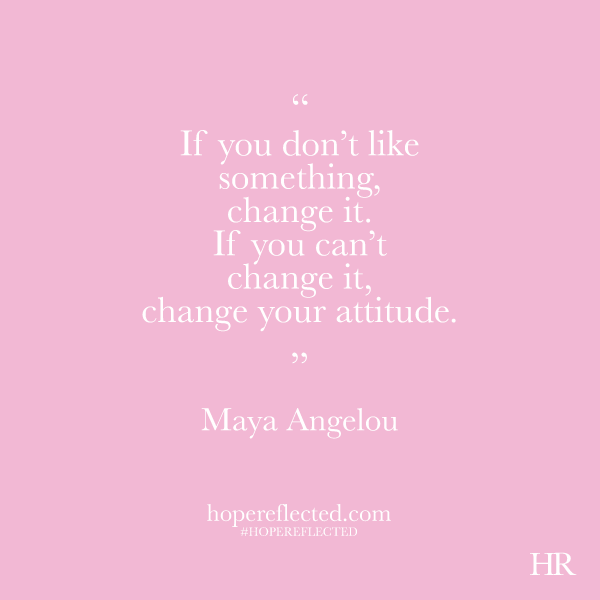


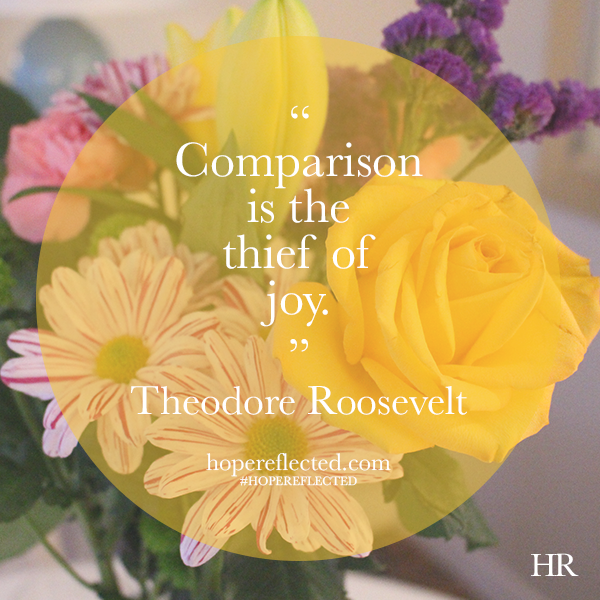
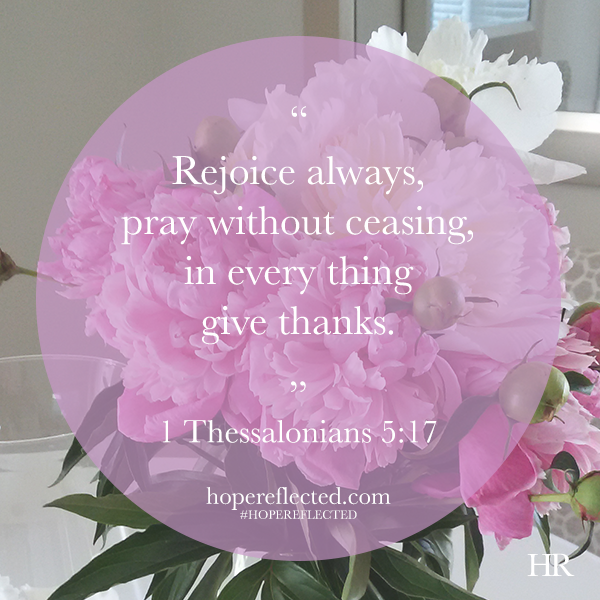
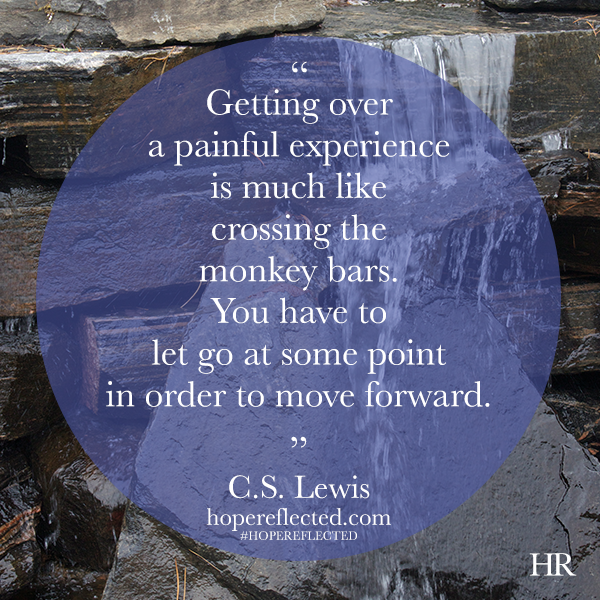
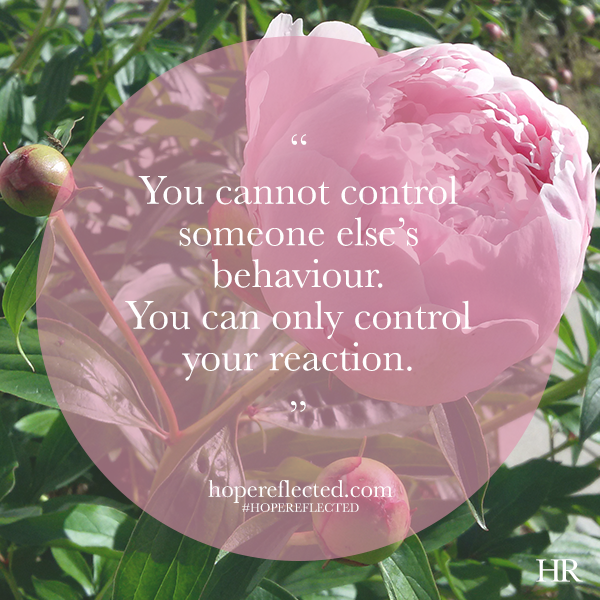

![False friends or counterfeit kindness; whatever you want to call it, the world is filled with people who will say one thing to your face and then another behind your back; people who will woo you in order to get something from you.
It’s sad, but it’s true.
The Bible provides us with examples from Joab to Judas, and yet, we’re surprised when we find ourselves deceived and hurt by someone else.
So what are some of the hallmarks of a true friend?
You can read more about this on hopereflected.com [Link in profile]
.
.
.
#friends #friendship #kindness #counterfeitkindness #hurt #proverbs #truefriends #hopereflected #blog #blogpost](https://www.hopereflected.com/wp-content/plugins/instagram-feed/img/placeholder.png)